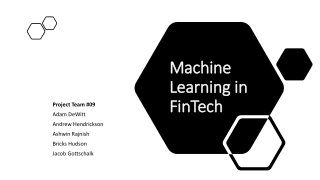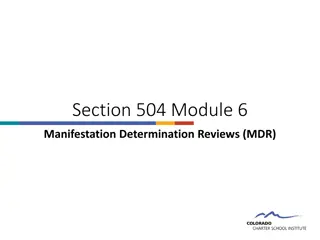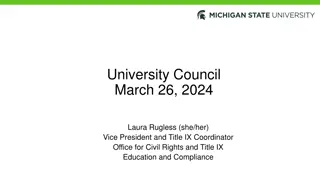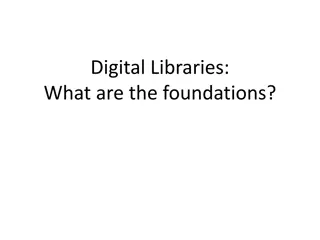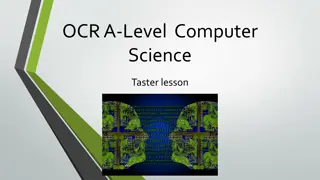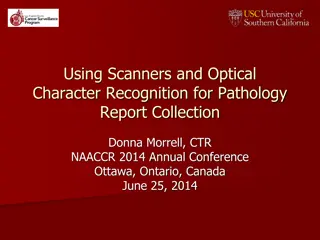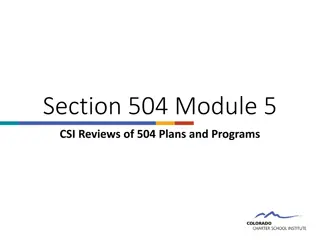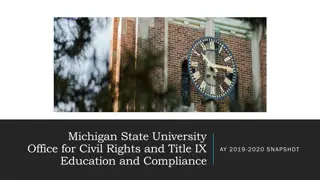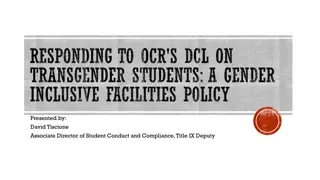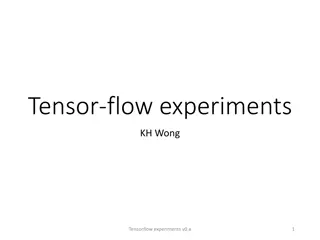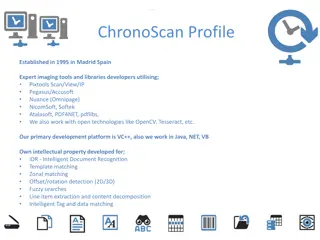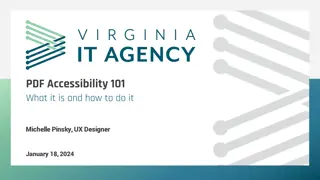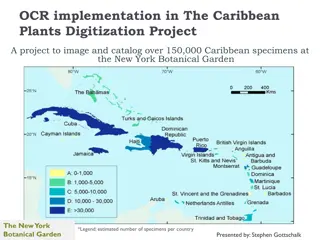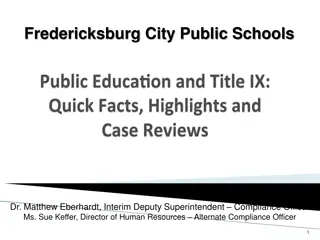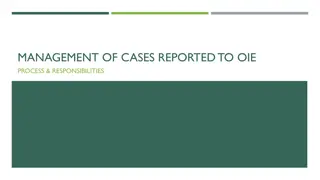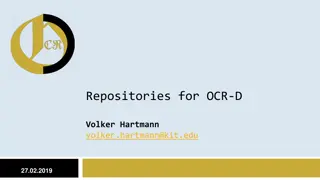
OCR: Types, Process, and Benefits
Learn about Optical Character Recognition (OCR), including its types like OCR, OWR, ICR, and IWR. Explore the OCR process from pre-processing to post-processing, and discover the advantages of OCR technology.
Uploaded on | 0 Views
Download Presentation

Please find below an Image/Link to download the presentation.
The content on the website is provided AS IS for your information and personal use only. It may not be sold, licensed, or shared on other websites without obtaining consent from the author. If you encounter any issues during the download, it is possible that the publisher has removed the file from their server.
You are allowed to download the files provided on this website for personal or commercial use, subject to the condition that they are used lawfully. All files are the property of their respective owners.
The content on the website is provided AS IS for your information and personal use only. It may not be sold, licensed, or shared on other websites without obtaining consent from the author.
E N D
Presentation Transcript
OCR Dr. P.S. Rajput
OCR Definition: An OCR (Optical Character Recognition) system is a computerized scanning system enabling you to scan text documents into an electronic computer file which you can then edit using a word processor on your computer. Optical Character Recognition is the machine recognition of printed text characters.
Types OCR OWR ICR IWR Optical Character Recognition (OCR) Optical Word Recognition (OWR) Intelligent Character Recognition (ICR) Intelligent Word Recognition (IWR)
Types Optical character recognition (OCR) targets typewritten text, one character at a time. Optical word recognition targets typewritten text, one word at a time.
Intelligent Character Recognition (ICR): Handwritten print script text one character at a time. Intelligent Word Recognition (IWR): Handwritten print script text one word at a time.
Process Pre-processing properly alignment when scanned, it may need to be tilted a few degrees clockwise or counterclockwise in order to make lines of text perfectly horizontal or vertical. Remove spots Convert an image in binary image (Colors) Effectiveness for quality Line removal Cleans up boxes and lines Layout: Columns, paragraphs, captions, tables etc. Line and word detection: Establishes baseline for word and character shapes, separates words if necessary. Script recognition
Post-processing Out put accuracy: Correct errors: For example, "Washington, D.C." is generally far more common in English than "Washington DOC".
Evaluation Character Accuracy Page Quality Confusions: Generating the letter c when the correct character is an e . Word Accuracy Input formats Output formats Installation and basic features Implementation
Advantages Higher Productivity Cost Reduction High Accuracy Increased Storage Space Superior Data Security Text-searchable Documents Improves quality Makes Documents Editable
Disadvantages No OCR scanning system is infallible Time-consuming Proofreading Lack of accuracy Additional works Limitation of documents: Face problems in old documents.

